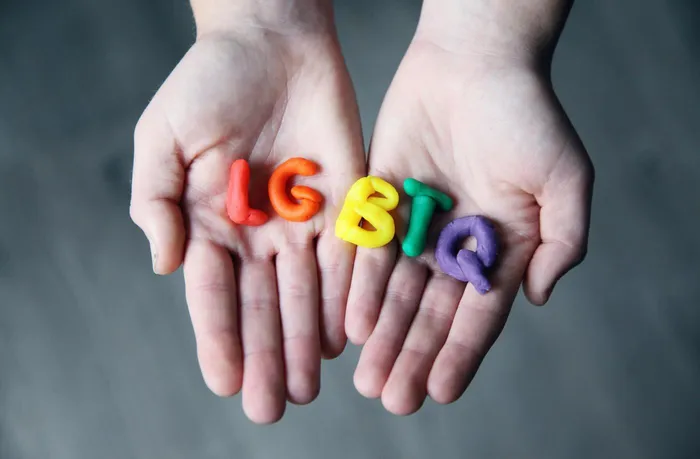
Pride Month marks an opportunity for book lovers of all genres and ages to delve into a selection of powerful narratives and truths.
Image: Pexels/Mccutcheon
Pride Month serves as both a jubilant celebration and a call to action, encouraging individuals to reflect on the significant contributions and struggles of queer and transgender people.
As we embrace the vibrancy of this period, it is essential to foster conversations about inclusion, justice and the varied experiences within the LGBTQ+ community.
One of the most impactful ways to engage with these themes is through literature, which can provide insight, provoke thought and inspire change.
This season marks an opportunity for book lovers of all genres and ages to delve into a selection of powerful narratives and truths.
Whether your preference leans towards fiction or non-fiction, there is something for everyone that mirrors the realities and aspirations of the LGBTQ+ community.
A wide array of titles reflect fierce and vulnerable characters whose journeys resonate with personal experiences, highlighting the complexities of love, identity and belonging.
“The Quiet Violence of Dreams” by K. Sello Duiker
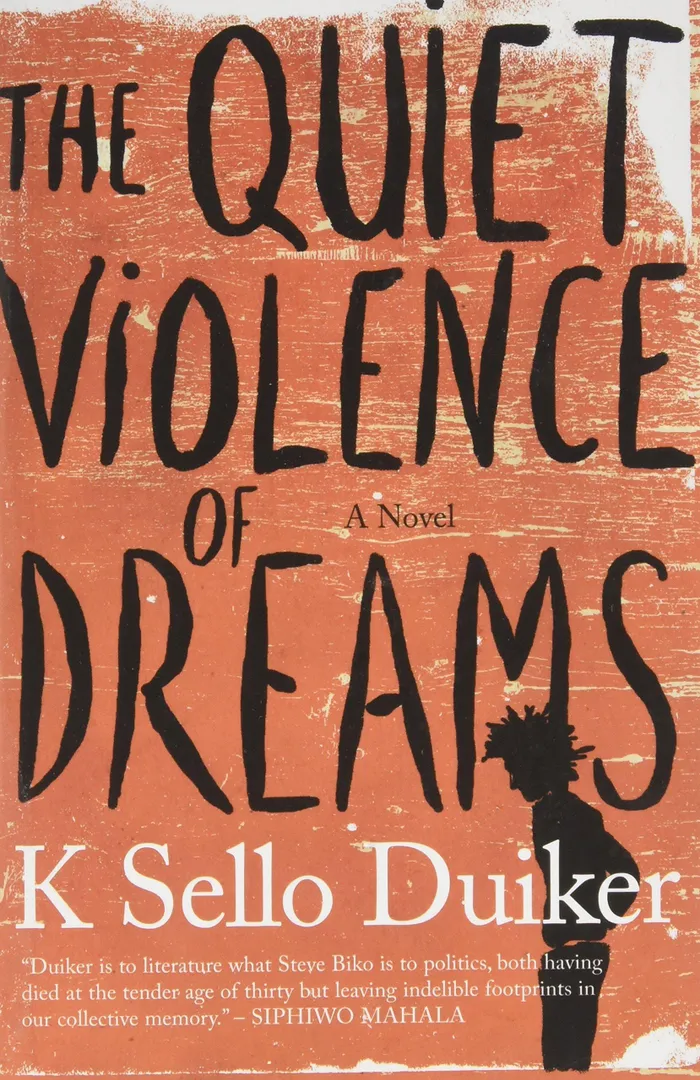
“The Quiet Violence of Dreams” delves into the life of Tshepo, a young university student grappling with the aftermath of trauma.
Image: Supplied
One of the late K. Sello Duiker's most haunting works, “The Quiet Violence of Dreams”, delves into the life of Tshepo, a young university student grappling with the aftermath of trauma.
A foray into the depths of sex work, sexuality, and spirituality, the novel takes readers into a world that is both relatable and unsettling.
Duiker, often hailed as one of South Africa’s paramount writers, does not shy away from the most emotional aspects of human experiences.
His work has left an indelible mark on literature reminiscent of the way Steve Biko influenced politics.
The emotional rawness aptly encapsulated in this narrative forces readers to confront their perceptions of identity and the challenges that accompany it.
“How to Be a Real Gay: Gay Identities in Small-town South Africa” by Graeme Reid
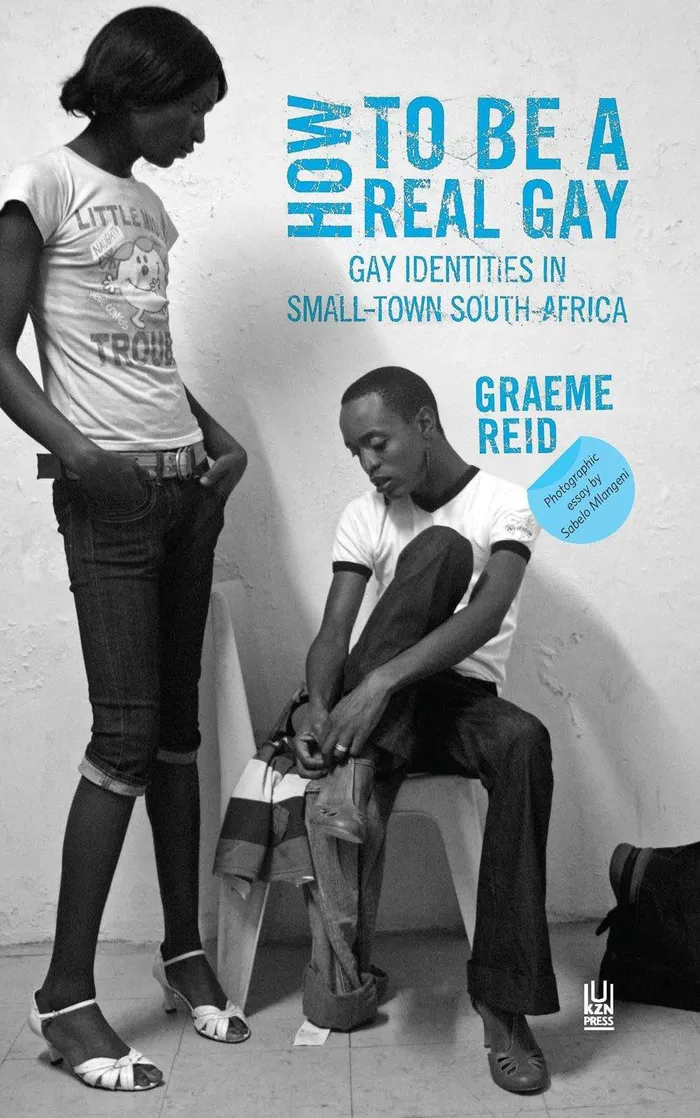
In this book, Graeme Reid meticulously examines the duality that exists for gay identities amid SA’s evolving political landscape.
Image: Supplied
In a contrasting yet equally impactful narrative, Graeme Reid's "How To Be A Real Gay" emerges from the unlikely setting of Ermelo, a small town in SA.
The book's title is borrowed from a series of workshops led by local gay activists, capturing the essence of struggle and self-affirmation in a landscape where homosexuality often collides with entrenched societal norms.
Reid meticulously examines the duality that exists for gay identities amid SA’s evolving political landscape - what it means to claim one's identity in environments saturated with the tension between modernity and tradition.
“I Am Perfectly Designed” by Karamo Brown
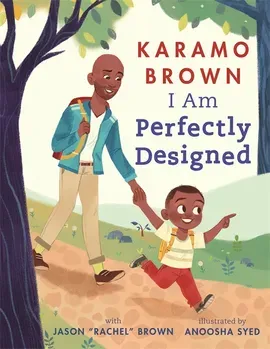
This empowering tale invites readers to embrace their individuality through a heartwarming narrative about the relationship between a father and his child.
Image: Supplied
From the beloved star of Netflix’s “Queer Eye", Karamo Brown, comes "I Am Perfectly Designed", a charming picture book co-authored with his son Jason.
This empowering tale invites readers to embrace their individuality through a heartwarming narrative about the relationship between a father and his child.
The story unfolds as the duo spends a day together exploring their city, indulging in playful conversations about how they are “perfectly designed” for one another.
As they share playful moments - from hopping in the park to sharing ice creams under the moonlight - the book serves as a beautiful reminder of the unconditional love that connects families of all kinds.
This delightful read is a joyous celebration of love and acceptance that echoes across generations.
“They Called Me Queer” by Kim Windvogel and Kelly-Eve Koopman
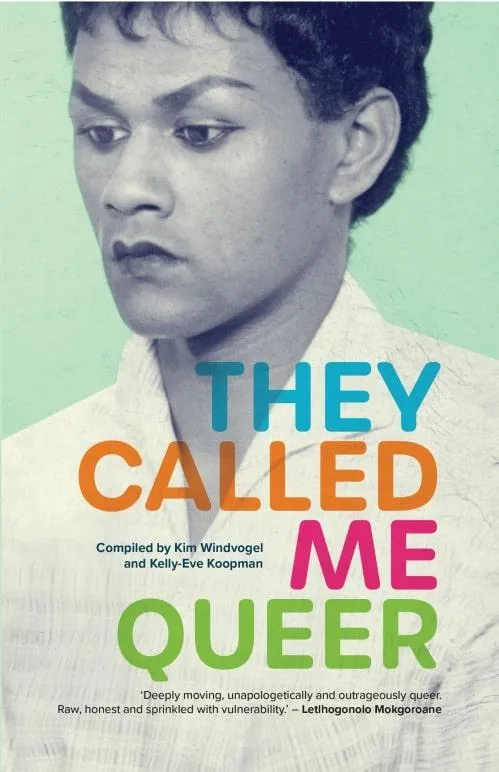
This book serves as a vivid testament to the fight for equality, encouraging readers to reflect on both the challenges and the victories within the LGBTQ+ narrative.
Image: Supplied
In a powerful compilation, “They Called Me Queer”, authors Kim Windvogel and Kelly-Eve Koopman present a collection of touching narratives from African individuals who identify as LGBTQIA+.
Recognising SA's unique position as a society known for its increasing tolerance towards LGBTQ+ identities, this anthology sheds light on the stark realities that persist in a still deeply segregated and unequal landscape.
Through diverse voices, the contributors share their personal experiences - asserting their existence in an environment where sexual identity often dictates the quality of life.
This collection doesn't merely highlight struggles; it also celebrates triumphs, joy and the indomitable spirit of those who dare to be unapologetically themselves.
It serves as a vivid testament to the fight for equality, encouraging readers to reflect on both the challenges and the victories within the LGBTQ+ narrative.
“Black Bull, Ancestors and Me: My Life as a Lesbian Sangoma" by Nkunzi Zandile Nkabinde
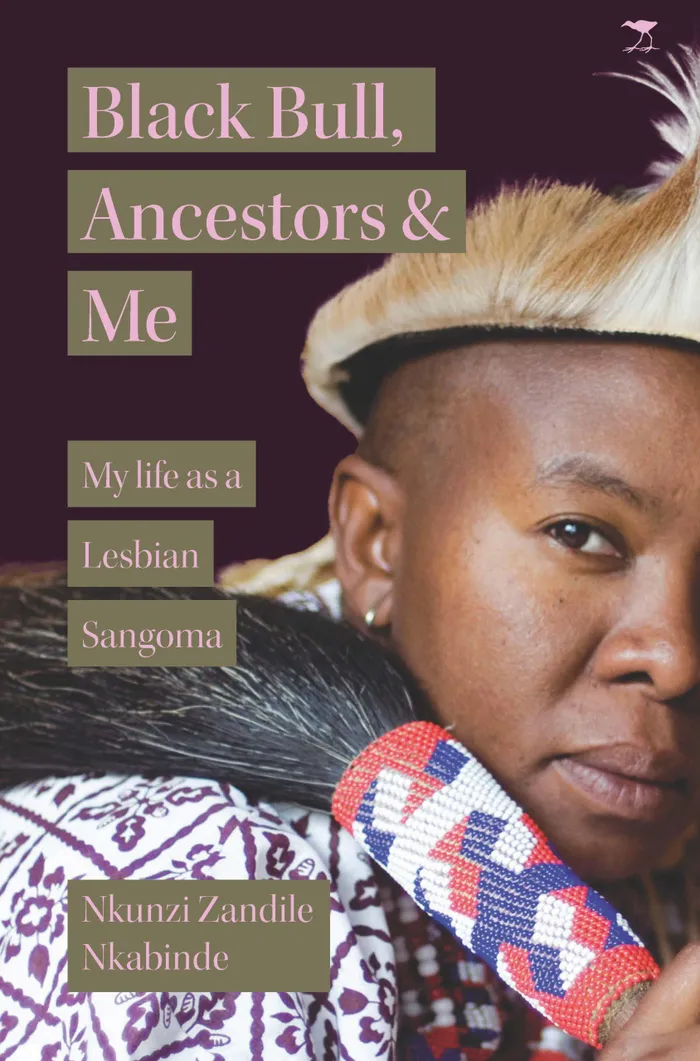
This compelling memoir highlights the challenges faced by individuals with intersectional identities, particularly when one of those identities is still regarded as "un-African”.
Image: Supplied
In her touching memoir, Nkunzi Zandile Nkabinde offers a profound exploration of her identity as a sangoma (traditional healer) and her experiences as a lesbian in contemporary SA.
Nkabinde's unique position allows her to navigate the dimensions of her sexual identity through her relationship with both male and female ancestors.
Through her narrative, she reflects on Zulu cultural expectations and the complexities that arise from her dual identity.
The book details her journey as she balances the demands of modernity with the guiding ancestral voices of tradition.
This compelling memoir highlights the challenges faced by individuals with intersectional identities, particularly when one of those identities is still regarded as "un-African”.
Nkabinde’s tale encourages readers to confront the difficulties and indignities that LGBTQ+ individuals often endure, while also celebrating their resilience and contributions to society.
By detailing the traditional practices and rituals of sangomas, Nkabinde invokes a dialogue about the urgent need for acceptance and understanding within her community and beyond.
Related Topics: